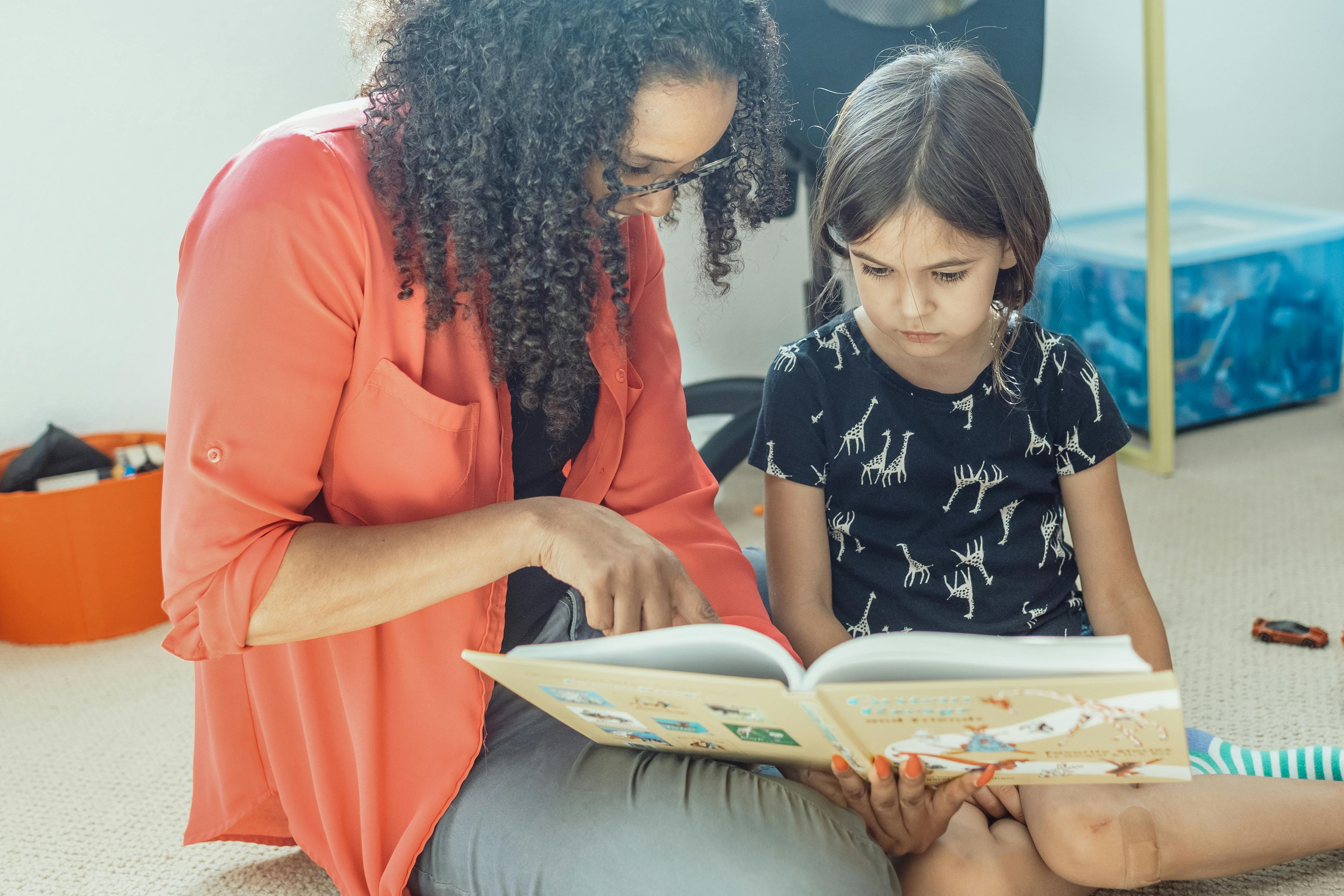Being a mother is one of the most rewarding yet challenging roles in life. Every mother wants the best for her child, but knowing how to be a good mother can sometimes feel overwhelming. The good news is that there is no perfect way to parent—only ways to be loving, supportive, and understanding. If you’re looking for guidance on how to be a good mother, this article shares 11 practical tips that will help you build a strong, healthy bond with your child while nurturing their growth and happiness.
1. Show Unconditional Love and Affection

Children thrive on love and affection. A warm hug, kind words, or a simple smile can make them feel safe and valued. Showing unconditional love reassures your child that they are loved no matter what.
- Express love through hugs, kisses, and encouraging words.
- Spend quality time together without distractions.
- Praise their efforts, not just their achievements.
- Listen actively when they talk to you.
For more on the importance of nurturing relationships and a child’s earliest years, you can find valuable resources from a trusted organization like Zero to Three.
2. Be Patient and Understanding

Patience is key to good parenting. Kids make mistakes, throw tantrums, and test limits—it’s all part of growing up.
- Take deep breaths before reacting to stressful situations.
- Try to see things from their perspective.
- Offer guidance rather than harsh criticism.
- Stay calm and consistent with discipline.
3. Set a Good Example

Children learn by watching their parents. If you want to know how to be a good mother, start by being a positive role model.
- Show kindness, honesty, and respect.
- Apologize when you make mistakes.
- Demonstrate healthy habits like eating well and exercising.
- Control anger and manage stress in a healthy way.
4. Communicate Openly and Honestly

Good communication strengthens the parent-child relationship. Let your child know they can talk to you about anything.
- Encourage them to share their thoughts and feelings.
- Ask open-ended questions to keep conversations going.
- Avoid judging or dismissing their concerns.
- Teach them how to express themselves in a healthy way.
5. Provide Structure and Boundaries
Children feel secure when they know what to expect. Setting clear rules and boundaries helps them understand what is acceptable.
- Establish daily routines for meals, bedtime, and homework.
- Set fair and consistent rules.
- Explain the reasons behind the rules instead of just enforcing them.
- Be flexible when needed but firm when necessary.
6. Encourage Independence and Responsibility
Teaching your child to be independent helps them develop confidence and problem-solving skills.
- Let them make age-appropriate decisions.
- Teach them basic responsibilities like tidying up after themselves.
- Encourage them to try new things without fear of failure.
- Guide them rather than controlling every aspect of their lives.
7. Support Their Education and Curiosity

Education isn’t just about school—it’s about fostering a love for learning.
- Read to them regularly from an early age.
- Encourage curiosity by answering their questions.
- Help with homework, but don’t do it for them.
- Provide learning opportunities through games, books, and outdoor activities.
8. Take Care of Yourself
A happy mother raises happy children. Self-care is essential for your well-being.
- Get enough sleep, eat well, and exercise.
- Take breaks when needed.
- Find hobbies or activities that bring you joy.
- Seek support from family and friends when needed.
9. Teach Kindness and Empathy
Children should learn to be kind and compassionate towards others.
- Show kindness in your daily interactions.
- Encourage them to help others.
- Teach them to respect different opinions and backgrounds.
- Praise the acts of kindness they show.
10. Spend Quality Time Together
A strong bond with your child comes from shared experiences and memories.
- Play games, cook together, or do fun activities.
- Have one-on-one time with each child.
- Show interest in their hobbies and passions.
- Create traditions and routines they can look forward to.
11. Be Flexible and Keep Learning
Parenting is a continuous learning experience. What works for one child may not work for another.
- Be open to adjusting your parenting style.
- Learn from other parents and reliable sources.
- Accept that mistakes are part of parenting.
- Trust your instincts while staying informed.
Conclusion
There is no single answer to how to be a good mother, but following these 11 practical tips can help you build a loving and supportive relationship with your child. Every child is unique, and every mother has her own journey, but with love, patience, and effort, you can be the best mother your child needs.
Read also: Bree Purganan: The Inspiring Journey of Jalen Green’s Mother
FAQs
1. What makes a mother a good mother?
A good mother is loving, patient, supportive, and provides guidance while allowing her child to grow independently.
2. How can I improve my relationship with my child?
Spend quality time together, communicate openly, listen to their concerns, and show them unconditional love and support.
3. Is it okay to make mistakes as a mother?
Yes! Parenting is a learning experience, and mistakes help you grow. The key is to acknowledge them and keep improving.
4. How do I balance being a mother and taking care of myself?
Make self-care a priority, ask for help when needed, and set aside time for relaxation and hobbies.
5. How do I discipline my child without being too strict?
Set clear rules and expectations, be consistent with discipline, and use positive reinforcement instead of punishment.
Read also: Who are Tobyn Jacobs’ Parents?
